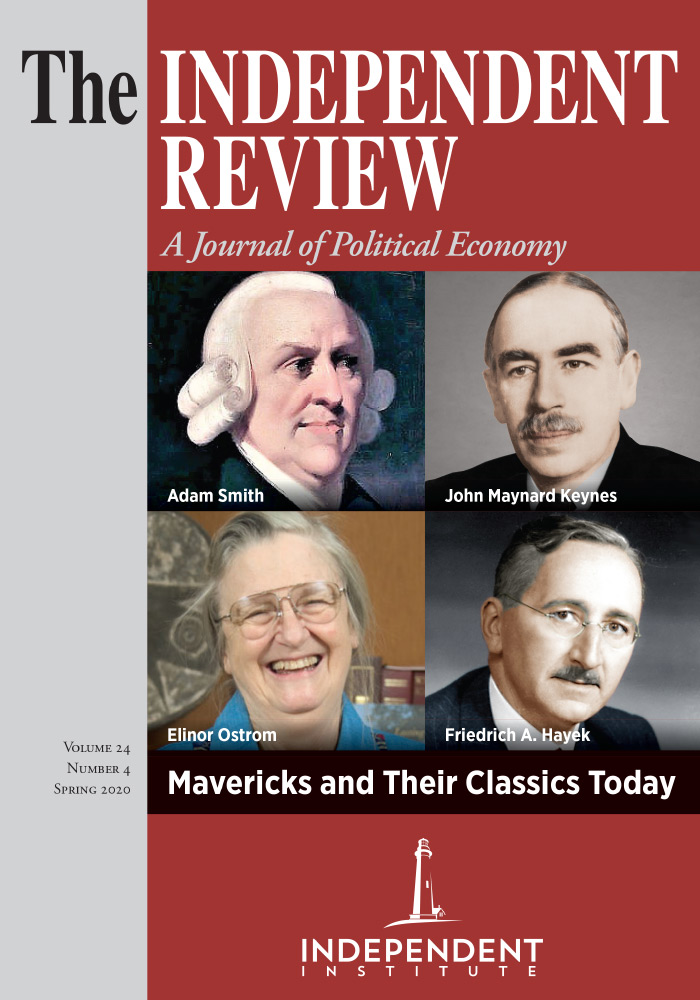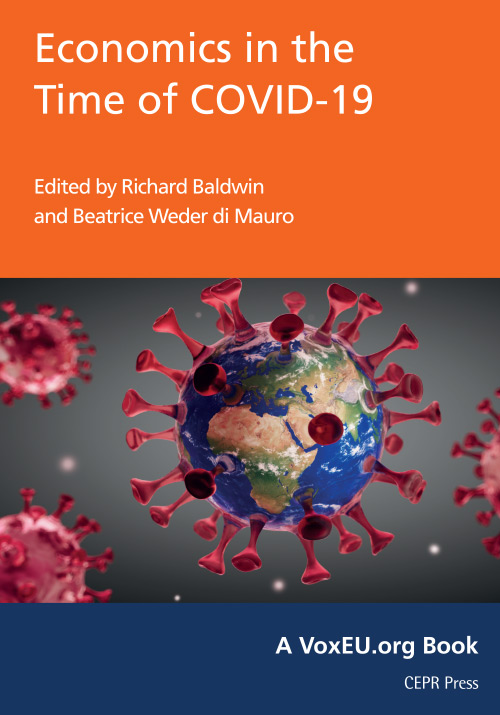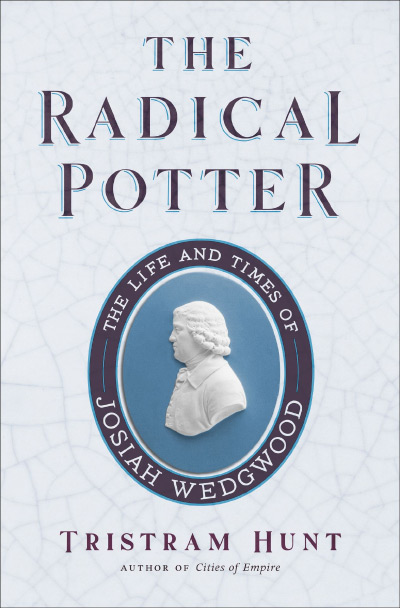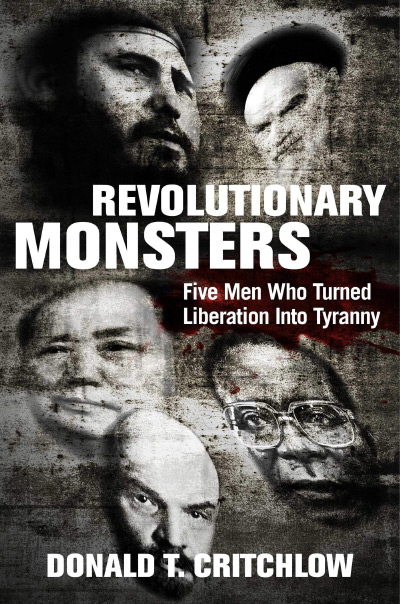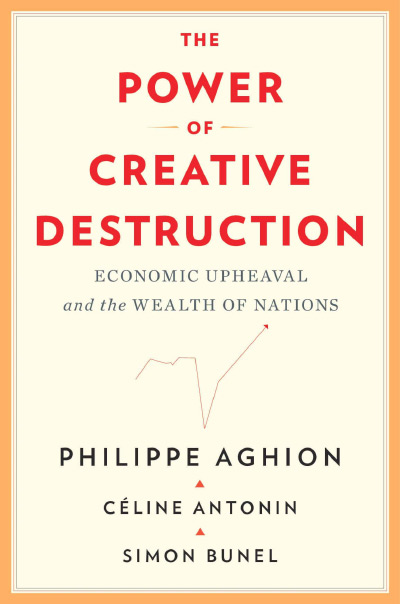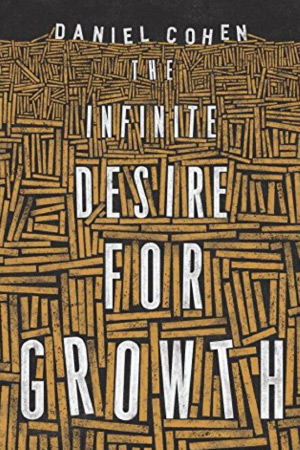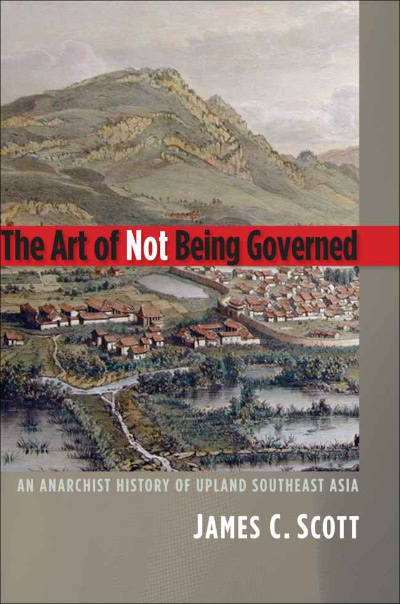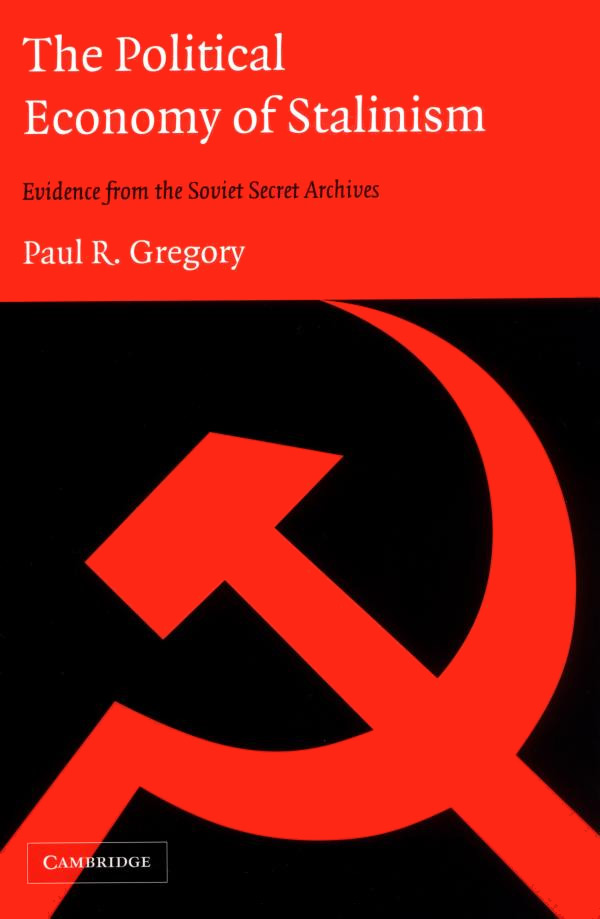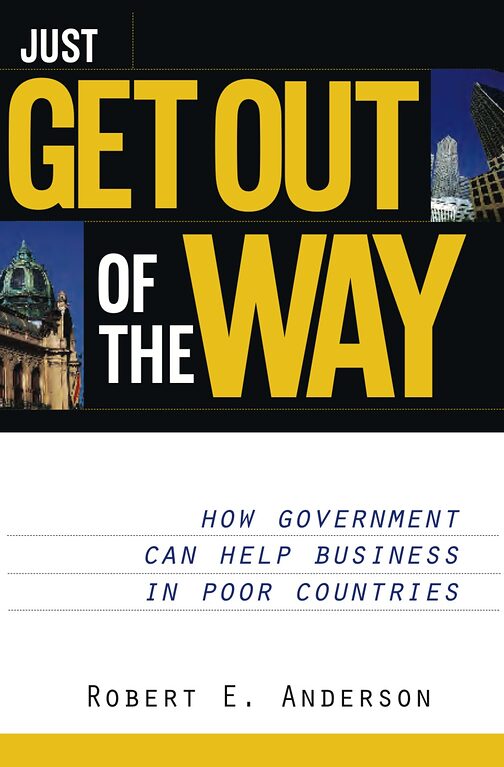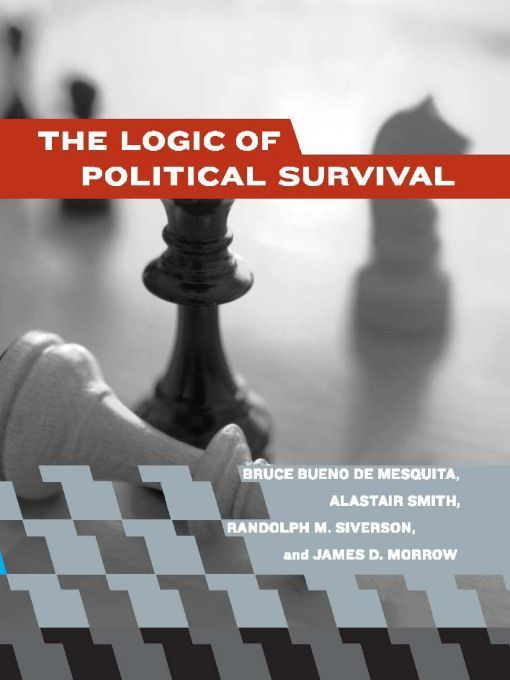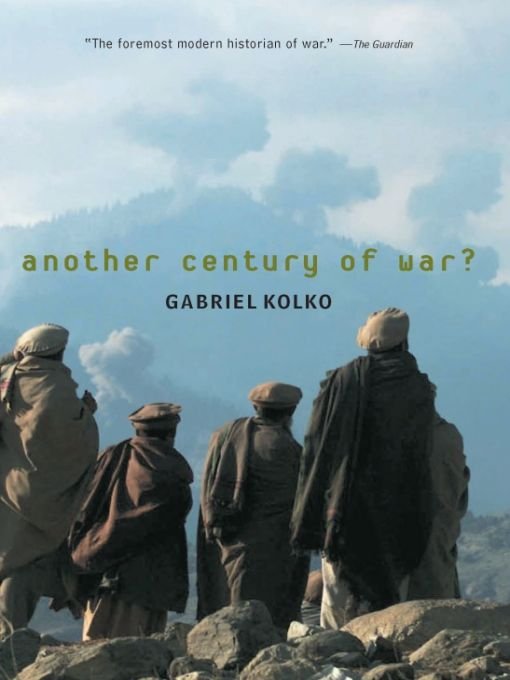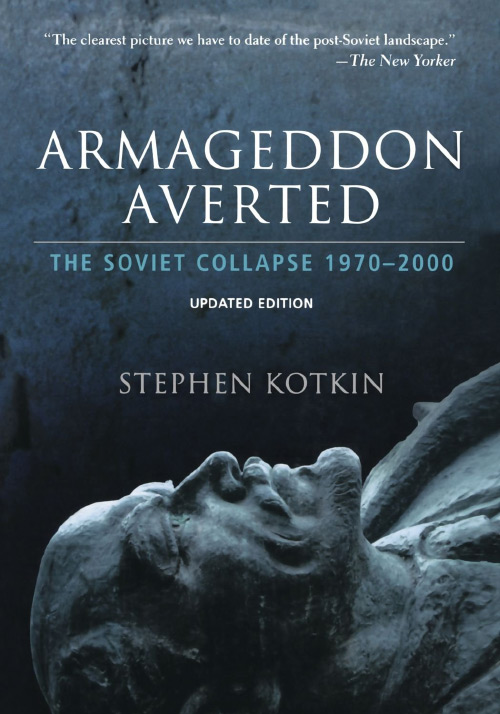Sometimes economists move as fast as viruses. Such is the case with Economics in the Time of COVID-19, an ebook that was published earlier this month. As this deadly virus grips the world’s attention, what can economists tell us about its likely impact? Not much. What advice can they offer? Plenty.
More precisely, the economists who have contributed to this collection do have a lot to say about the potential impact of the virus. However, their models and predictions aren’t up to the task because economic forces are so complex—depending on the interactions of billions of people, who quickly process new information and make decisions based on it.
The impossibility of the task is telling in several of the essays, especially Rabah Arezki and Ha Nguyen’s chapter on oil markets. These World Bank economists’ story ends with the price of petroleum having plunged to around $50 per barrel. They note that the “recovery of oil prices will depend on how successfully China and other countries control the spread of the virus” (p. 55). This is true, but the possibility that oil prices would fall to the neighborhood of $30 per barrel—as they have—isn’t mentioned. This isn’t a criticism of the authors, rather a reflection of the difficulty of their task.
Likewise, Laurence Boone, David Haugh, Nigel Pain and Veronique Salins’ chapter, “Tracking the Fallout from COVID-19,” uses the NiGEM global macroeconomic model (“A transparent, peer reviewed quarterly global econometric model based on real economic data with over 60 countries and regions modelled”) to simulate the “downside scenario” of the virus. This involves a 4% fall in domestic demand in China and Hong Kong in 2020Q1 and a 2% decline in 2020Q2, plus a 2% drop in most other Asia-Pacific countries and advanced Northern Hemisphere countries, as well as declines of 20% in global equity and non-food commodity prices and a 50 basis point rise in investment risk premia. The model suggests that these will shave a point or two off world baseline GDP in coming quarters. Again, events have already overtaken things, as oil has fallen much more than 20% and all the world’s major stock indexes have fallen more than 20% over the past month—with the exception of those in China, although drops in Europe and Japan exceed 30%. Again, my point is that economic events—especially in uncertain times—are exceptionally hard to predict. If you are good at such predictions you can become a billionaire. Mortal economists cannot hope for as much.
Perhaps mortality predictions are easier? On this score, I was surprised that Warwick McKibbin and Roshen Fernando’s tables “show that for even the lowest of the pandemic scenarios ... there are estimated to be around 15 million deaths globally” (p. 46). This prediction includes nearly 3 million deaths in China, but China’s deaths were slowing to a trickle as the book went to press and have plateaued a little above 3,000. (Later, an excellent chapter by Cormac Ó Gráda points out how wildly exaggerated were international agencies’ predictions of the economic and demographic damages from the Ebola virus.)
So, don’t read this book for its predictions. Rather, read it as a summary of interesting facts about how this pandemic could affect the economy—from trade to finance to supply chains to policy interventions. And read it to get a sense of how a supply shock, such as this one, can induce an even larger demand shock. Also, read it to remind yourself that “beliefs that depend upon others’ beliefs can produce herd behavior and panic” (p. 12), as they appear to have done in this case. The informative introductory chapter does all these things fairly well. Knightian uncertainty is the essence of the moment: unknown unknowns, rather than predictable risks.
In the closing chapter, “The Good Thing about Coronavirus,” Charles Wyplosz suggests that the upside is that the pandemic will reveal which governments are good at dealing with crises—Switzerland, for example—and which aren’t. This will then encourage citizens to realize that political and cultural institutions need changing. Perhaps, but I fear that this will be a missed opportunity because the responses will often involve spending massive amounts by countries that are already deeply indebted. Will anyone emulate the Swiss for their constitutional restrictions on government debt? Rather, will the pandemic and exaggerated panic seduce more people into the arms of big government, as Robert Higgs chronicled in his classic history, Crisis and Leviathan: Critical Episodes in the Growth of American Government (Oakland: Independent Institute, 25th Anniversary Edition, 2013)? Ominously, John Cochrane, an adjunct scholar with the libertarian Cato Institute, suggests that—because people don’t save enough to have liquid wealth to ride out several months without income—“judiciously targeted bailouts are really the only way I can think of to keep businesses and people from going bankrupt given the absence of pandemic insurance” (p. 107). Has there ever been a case of “judiciously targeted bailouts”? This strikes me as an oxymoron.
Perhaps the most thought-provoking chapter comes from a long-term thinking economic historian—Joachim Voth. Voth poses a question that everyone should be considering now. Do we have too much mobility in the world today? As people move about the globe, so do their germs. Voth fears that people will react to the pandemic with increased calls to reduce trade via protectionism. But germs don’t often travel with goods and global trade has helped lift billions out of poverty. “The next outbreak could be as infectious as coronavirus and as deadly as SARS (10% death rate), MERS (30%), or Ebola (60-90%).... It is not obvious that running the risk of coronavirus outbreaks every few years—or worse—is a price worth paying for multiple annual vacation trips to Paris and Bangkok, say. Severe restrictions may well be desirable and justifiable, bringing to an end a half-century of ever-increasing mobility” (p. 95). I hope that he’s wrong. However, our attention needs to turn to how we can minimize the spread of germs with the least disruption. Will this come to involve even more airport screening—not just for guns and steel—but for germs too? The private sector needs to turn to this task and not leave it to Leviathan.
| Other Independent Review articles by Robert M. Whaples | ||
| Spring 2024 | A Vision of a Productive Free Society: Murray Rothbard’s For a New Liberty | |
| Spring 2024 | GOAT: Who Is the Greatest Economist of All Time and Why Does It Matter? | |
| Spring 2024 | Everyday Freedom: Designing the Framework for a Flourishing Society | |
| [View All (93)] | ||

